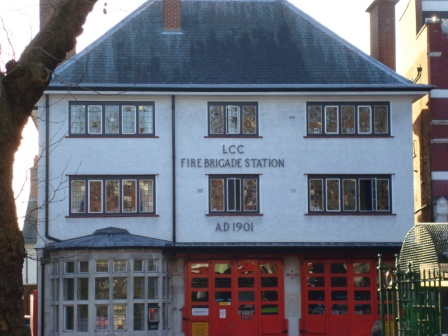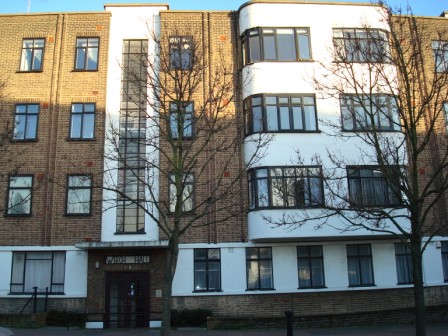




| 


| |||
|
|
NDFs and NDPs The text below gives some background details on NDFs (Neighbourhood Development Forums) and NDPs (Neighbourhood Development Plans) but a number of documents already giving fuller are shown in the column to the right. Click on the item to see the full version, which will open in a new window. These documents are mostly in Word or Powerpoint. Other NDFs
About NDFs and NDPs
The Localism Act, which received Royal Assent on November 15 2011, introduced new rights and powers to allow local communities to shape new development by coming together to prepare neighbourhood plans.
Neighbourhood planning can be taken forward by two types of body - town and parish councils or 'neighbourhood forums'. Neighbourhood forums are community groups that are designated to take forward neighbourhood planning in areas without parishes, such as us in London. It is the role of the local planning authority to agree who should be the neighbourhood forum for the neighbourhood area.
The criteria for establishing neighbourhood forums are being kept as simple as possible to encourage new and existing residents’ organisations, voluntary and community groups to put themselves forward.
Neighbourhood forums and parish councils can use new neighbourhood planning powers to establish general planning policies for the development and use of land in a neighbourhood. These are described legally as 'neighbourhood development plans.'
In an important change to the planning system communities can use neighbourhood planning to permit the development they want to see - in full or in outline – without the need for planning applications. These are called 'neighbourhood development orders.'
Local councils will continue to produce development plans that will set the strategic context within which neighbourhood development plans will sit.
Neighbourhood development plans or orders do not take effect unless there is a majority of support in a referendum of the neighbourhood.
They also have to meet a number of conditions before they can be put to a community referendum and legally come into force. These conditions are to ensure plans are legally compliant and take account of wider policy considerations (e.g. national policy).
Conditions are:
An independent qualified person then checks that a neighbourhood development plan appropriately meets the conditions before it can be voted on in a local referendum. This is to make sure that referendums only take place when proposals are workable and of a decent quality.
Proposed neighbourhood development plans need to gain the approval of a majority of voters of the neighbourhood to come into force. If proposals pass the referendum, the local planning authority is under a legal duty to bring them into force.
Find out more on the Community Rights website.
There are also a number of financial and other advantages for an Area if it has a Neighbourhood Forum and Plan.
| Public Documents
NEW Neighbourhood Plans - Roadmap Guide A useful simple guide to producing a neighbourhood plan produced by Locality, a leading network of community-led organisations Neighbourhood planning: a guide for ward councillors Guide to Neighbourhood Planning. Quick guide.
Neighbourhood Forums: The Government's regulations governing Neighbourhood Forums (see part 3, sections 8-12).
|